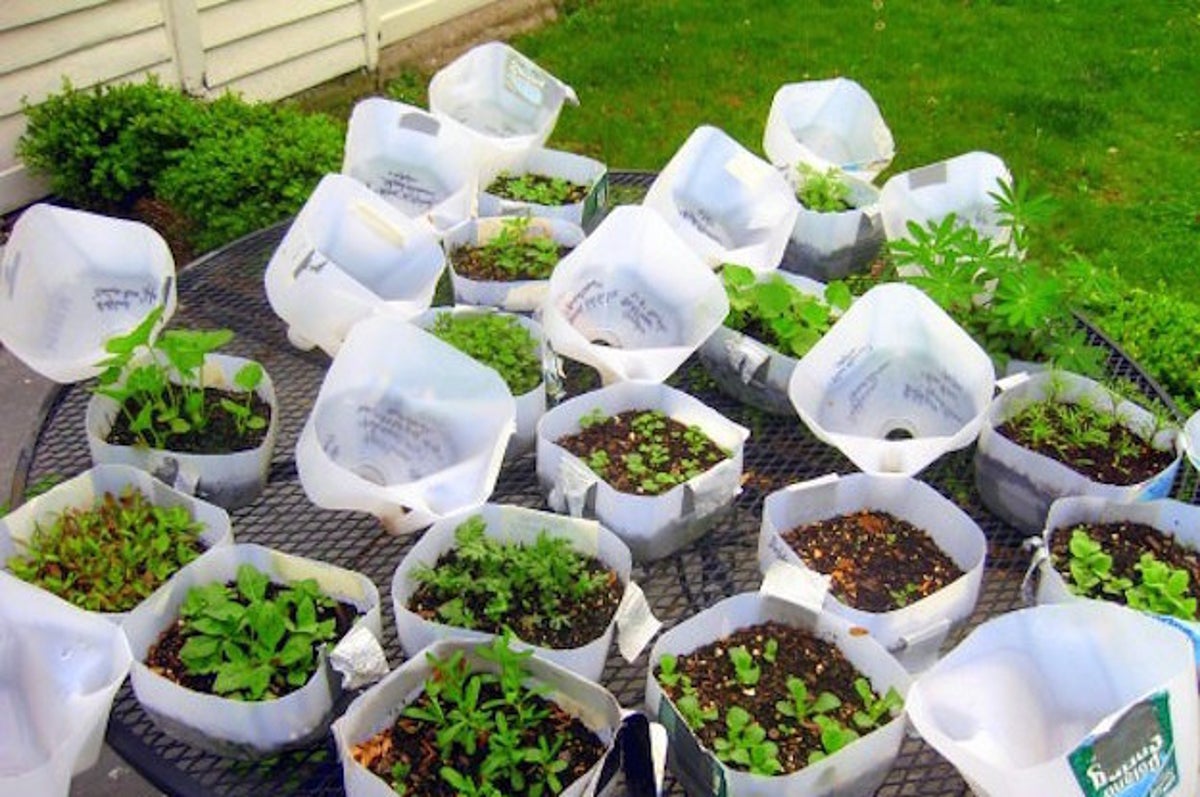
Winter Gardening
Winter Gardening, often considered a dormant period for many gardeners, can be an enriching and productive time with the right strategies and plants. Far from being a season of inactivity, winter provides a unique opportunity to grow hardy vegetables, prepare for the upcoming seasons, and maintain a beautiful garden landscape even in the colder months. Here’s how you can make the most out of winter gardening.
Table of Contents
Choosing the Right Plants
One of the keys to successful Winter Gardening is selecting plants that thrive in cold conditions. Hardy vegetables like kale, Brussels sprouts, leeks, and carrots can withstand frost and continue to grow through winter. Root vegetables, such as parsnips and turnips, are also excellent choices as they can be harvested throughout the winter months. These crops are not only resilient but often develop a sweeter flavor after being exposed to frost.
For those interested in leafy greens, winter varieties of spinach, Swiss chard, and mustard greens are excellent options. These greens are nutrient-dense and can provide fresh produce when summer salads are just a memory. Additionally, herbs like parsley, thyme, and rosemary can continue to thrive and be harvested throughout the winter, especially if they are given some protection from extreme cold.
Protection and Insulation
Protecting plants from the harshest winter weather is crucial. One effective method is using cold frames or cloches. Cold frames are like mini-greenhouses that trap heat from the sun and provide a more stable environment for your plants. Cloches, which can be made from plastic bottles or glass jars, serve as individual plant protectors. These structures help extend the growing season and protect plants from frost, wind, and pests.
Mulching is another vital technique in winter gardening. A thick layer of organic mulch, such as straw, leaves, or wood chips, can insulate the soil and protect plant roots from freezing temperatures. Mulch also helps retain soil moisture, which can be particularly beneficial during dry winter periods.
Indoor Gardening
For those who prefer to avoid the cold altogether, indoor gardening is a fantastic alternative. Growing herbs, microgreens, and small vegetables like cherry tomatoes and peppers on windowsills or under grow lights can yield fresh produce year-round. Indoor gardening requires attention to lighting, humidity, and temperature to mimic outdoor conditions, but it can be incredibly rewarding.
Hydroponic systems are also gaining popularity for indoor winter gardening. These soil-less setups allow for precise control over nutrient delivery and environmental conditions, resulting in robust plant growth regardless of outdoor weather.
Planning and Preparing for Spring
Winter is an excellent time for garden planning and preparation. Reviewing last season’s successes and challenges can inform decisions for the next planting cycle. Sketching garden layouts, researching new plant varieties, and ordering seeds are productive activities that make the winter months fly by.
Soil preparation is another crucial winter task. Adding compost and organic matter to garden beds can improve soil structure and fertility, making it ready for spring planting. Winter is also an ideal time to clean and sharpen garden tools, ensuring they are in top condition for the busy growing season ahead.
Winter Landscaping
Winter gardening isn’t limited to edibles. Ornamental plants like evergreens, winter-blooming shrubs, and trees with interesting bark or branch structures can add beauty and interest to the winter landscape. Plants like holly, winterberry, and dogwood offer vibrant colors and textures, transforming a potentially bleak garden into a winter wonderland.
Bird feeders and baths can attract wildlife, adding life and movement to the garden. Additionally, incorporating features like stone pathways, sculptures, or garden lights can enhance the visual appeal of your winter garden.
Embracing the Season
Ultimately, winter gardening is about embracing the season’s unique challenges and opportunities. It’s a time to appreciate the resilience of nature, enjoy the beauty of a frost-covered landscape, and savor the flavors of homegrown winter vegetables. Whether through outdoor planting, indoor gardening, or simply planning for the future, winter gardening can be a deeply satisfying and enriching experience for gardeners of all levels.








